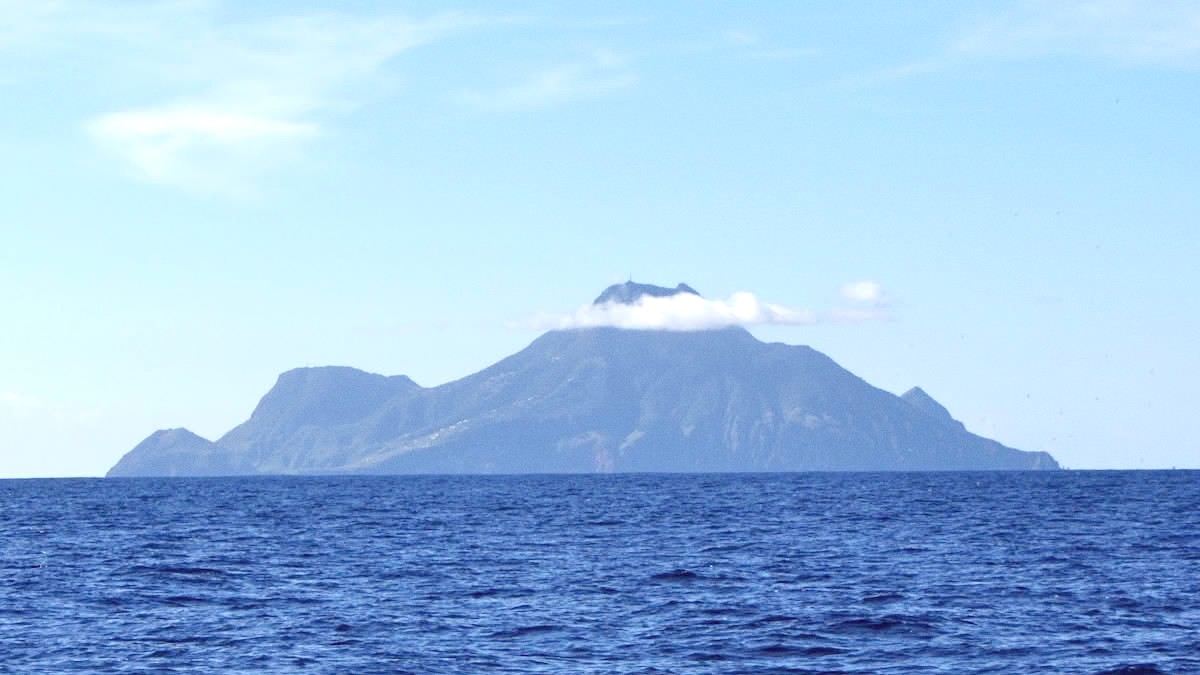
The Saba National Marine Park completely encircles the island. The Saba Conservation Foundation (SCF) manages it to preserve pristine coral reefs and marine life. SCF also manages terrestrial parks and hiking trails, working to protect unique ecosystems.
Saba operates a small landfill. Recycling facilities are limited. Minimize waste by reducing single-use plastics. Dispose of all trash properly. Consider carrying out non-biodegradable waste from trails.
Fresh water is a precious resource on Saba, mainly collected rainwater or desalinated sea water. Be mindful of water usage. Take shorter showers, turn off taps, and reuse towels. Every drop saved benefits the island's limited resources. Consider offsetting your flight emissions with Terrapass.
Support businesses that demonstrate a commitment to environmental protection.
Support dive operators and accommodations that commit to environmental protection. Look for businesses with certifications like Green Globe.
Choose outdoor gear and personal products that minimize environmental impact.
Choose tour operators that prioritize community benefit and environmental protection.
Explore G Adventures for ethical tours.Support organizations that protect natural habitats through conscious purchasing.
Visit The Rainforest Site to contribute.Choose businesses that align with responsible tourism principles. Your choices directly influence the island's environmental health.
Saba has a close-knit community with cherished cultural norms.
Support local artisans, specifically those involved in traditional crafts like Saba Lace. This keeps cultural practices alive.
Engage with locals respectfully. A polite greeting, a friendly smile, and engaging in conversation go a long way. Be polite to people you pass on the road or in villages.
Generally, photographing landscapes and public spaces is fine. Always ask permission before taking close-up photos of individuals, especially children.
Avoid discussions on local politics unless invited by a local. Respect local traditions and the quiet, community-oriented nature of the island.
Learning a few local phrases like 'Bon Dia' (Good day) shows appreciation for the culture. This fosters positive interactions.
Your spending choices directly influence Saba's economy and community well-being.
Choosing local guesthouses, small, independently owned restaurants, and independent taxi drivers directly benefits the local community. This keeps money circulating within Saba's economy.
Purchase Saba Lace and local art directly from the artisans or small local shops. This ensures creators receive a fair price for their work.
Prioritize local businesses. Eat at locally owned restaurants, shop at local supermarkets, and use local tour operators. This fosters sustainable economic development and preserves the island's unique character.
Saba has a very low crime rate and a strong sense of community. Exploitation of tourists or residents is not a significant concern. The island's strong social fabric works against such practices.
If you wish to contribute to the community, consider donating to reputable local organizations. The Saba Conservation Foundation (SCF) is a good choice.
Your presence on Saba supports its economy. Make conscious choices for financial contributions to directly benefit residents and the island's preservation efforts.